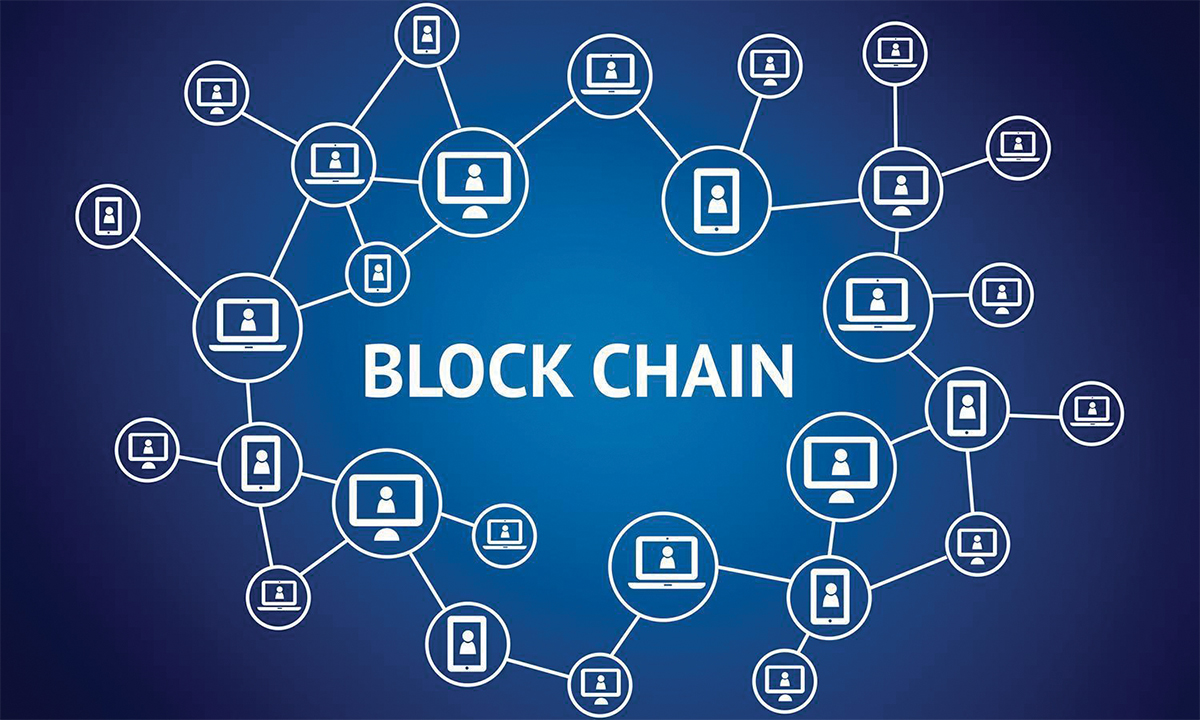Definition of Blockchain
Unlike traditional centralized systems, blockchain operates on a peer-to-peer network, ensuring transparency and security. Historical Evolution Originally designed for Bitcoin, blockchain’s applications have since expanded, offering solutions to a myriad of challenges. How Blockchain Works Decentralization Concept The hallmark of blockchain is decentralization, eliminating the need for intermediaries in transactions. This democratic approach enhances security and trust. Blocks and Chains Transactions are grouped into blocks, each containing a cryptographic link to the previous block, forming an unalterable chain. This design ensures data integrity.
Consensus Mechanisms

Blockchain relies on consensus algorithms like Proof of Work (PoW) or Proof of Stake (PoS) to validate transactions, maintaining the integrity of the network. Applications of Blockchain Cryptocurrencies Bitcoin and other cryptocurrencies leverage blockchain for secure, peer-to-peer transactions, challenging traditional financial systems. Smart Contracts
Blockchain enables self-executing smart contracts, automating and securing agreements without intermediaries. Supply Chain Management From source to delivery, blockchain ensures transparency and traceability in supply chains, reducing fraud and errors.
Healthcare
Patient records on a blockchain enhance data security and streamline healthcare processes, fostering interoperability. Advantages and Challenges
Security and Transparency Blockchain’s cryptographic design ensures secure transactions and transparent record-keeping, reducing fraud and corruption. Scalability Issues
While blockchain offers promise, scalability remains a challenge, hindering its widespread adoption. Energy Consumption Concerns Proof of Work consensus mechanisms have faced criticism due to their energy-intensive nature, prompting exploration of eco-friendly alternatives.
Future Trends in Blockchain
Integration with AI Blockchain and artificial intelligence integration hold potential for enhancing data security and automation. Blockchain in Governance explore blockchain for transparent governance, reducing corruption and bureaucracy. Environmental Initiatives Emerging eco-friendly blockchain solutions address concerns regarding energy consumption, aligning technology with sustainability. Impact on Industries Finance Blockchain disrupts traditional banking, offering faster, more secure transactions and financial inclusion. Real Estate Property transactions on the blockchain enhance transparency, reducing fraud and improving efficiency.
Entertainment
Blockchain’s application in digital rights management transforms the entertainment industry, ensuring fair compensation for creators. Blockchain Adoption Challenges Regulatory Hurdles Lack of clear regulations poses challenges for businesses and investors navigating the blockchain landscape. Lack of Awareness A significant barrier to adoption is the lack of understanding among the general populace regarding blockchain’s potential.
Integration Complexity
Adopting blockchain solutions can be intricate for businesses, necessitating skilled professionals and robust infrastructure. Success Stories Bitcoin’s Rise Bitcoin’s ascent from obscurity to mainstream acceptance underscores the potential of blockchain in finance. Ethereum’s Smart Contracts Ethereum’s introduction of smart contracts expanded blockchain’s use cases, revolutionizing contract execution. Blockchain and Cybersecurity Immutable Ledger as a Security Asset Blockchain’s unchangeable nature enhances cybersecurity by preventing unauthorized alterations. Potential Vulnerabilities Despite its robust design, blockchain faces evolving cyber threats, requiring ongoing vigilance and innovation.
Decentralization for Social Good
The decentralized nature of blockchain empowers communities and fosters social initiatives for positive change. The Evolution of Blockchain Technology Initial Coin Offerings (ICOs) ICOs enabled blockchain projects to secure funding, revolutionizing fundraising in the tech industry. Rise of Decentralized Finance (DeFi) DeFi platforms leverage blockchain, providing decentralized alternatives to traditional financial services. Education and Awareness Bridging the Knowledge Gap Educational initiatives are crucial to dispel myths and enhance understanding, fostering blockchain adoption. Blockchain Education Initiatives Institutions and organizations invest in educating the public and professionals about blockchain’s potential. Challenges to Mass Adoption
User-Friendly InterfacesImproving user interfaces is vital for making blockchain applications accessible to a broader audience.
Public Perception
Overcoming skepticism and building trust are essential to combat public apprehension towards blockchain. Blockchain in a Global Context Cross-Border Transactions Blockchain facilitates secure and efficient cross-border transactions, reducing friction in international trade. Global Collaboration Efforts International collaboration on blockchain standards is crucial for fostering a cohesive global blockchain ecosystem.
Summary
In conclusion, blockchain is more than just a technological innovation; it’s a paradigm shift with the potential to reshape industries and societies. As blockchain technology continues to evolve, addressing challenges and embracing opportunities will be key to its widespread adoption and success.
FAQs (Frequently Asked Questions)
Is blockchain only used for cryptocurrencies?
No, while blockchain is synonymous with cryptocurrencies, its applications extend to various industries, including finance, healthcare, and supply chain management.
How does blockchain ensure security?
Blockchain ensures security through its cryptographic design and decentralization, making it highly resistant to tampering and fraud.
What are the challenges hindering blockchain adoption?
Regulatory uncertainties, lack of awareness, and the complexity of integration are significant challenges facing blockchain adoption.
Can blockchain be environmentally friendly?
Efforts are underway to make blockchain eco-friendly by exploring alternative consensus mechanisms with lower energy consumption. blockchain operates
How can individuals learn more about blockchain?
Numerous educational initiatives and online courses are available to help individuals understand the fundamentals of blockchain technology. blockchain operates
